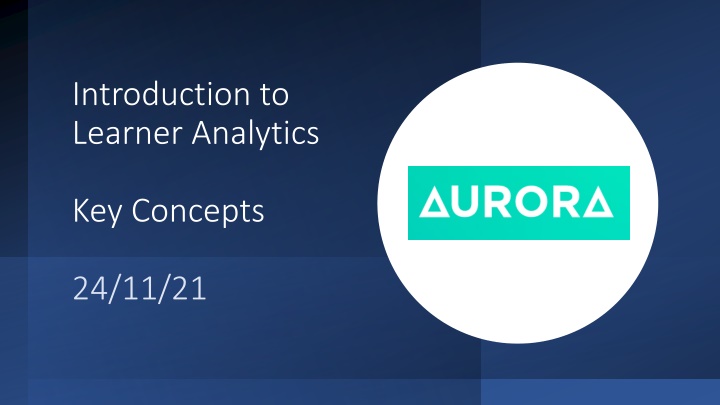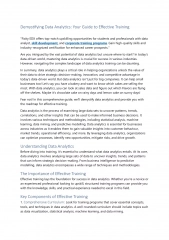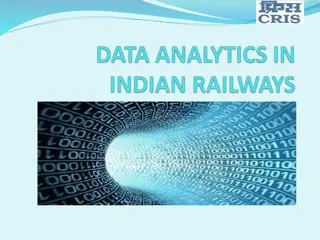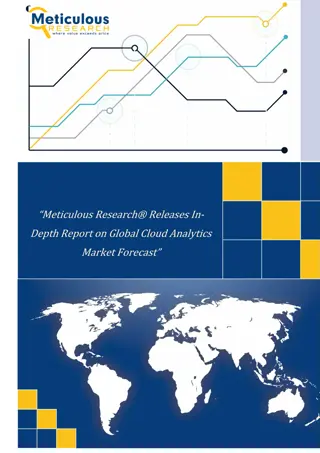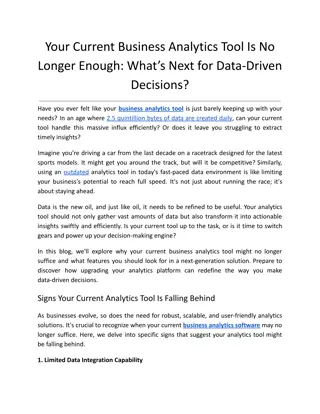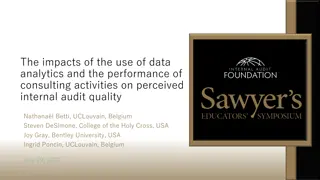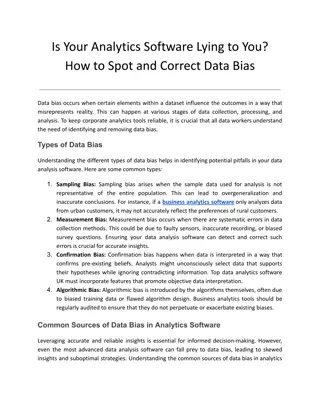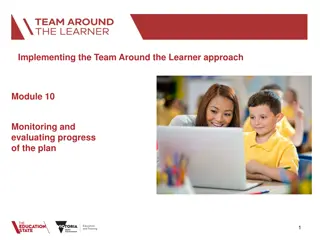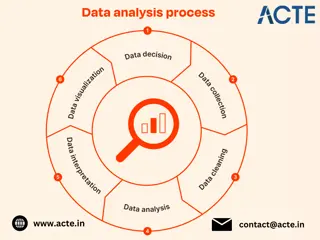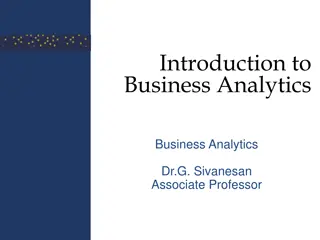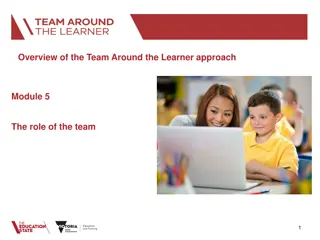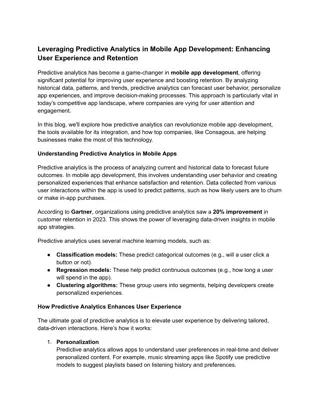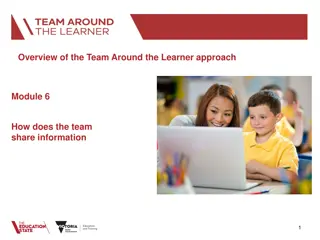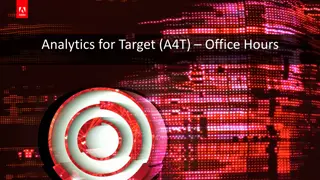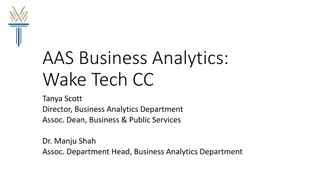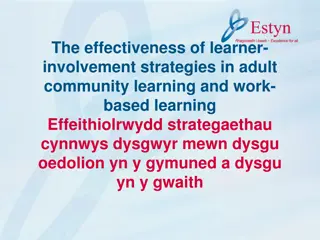Unveiling Key Concepts of Learner Analytics
Dive into the world of Learner Analytics with a focus on essential aspects such as data issues, predictive models, skills and technology, GDPR, ethics, and more. Explore the core components of Learner Analytics projects and engage in activities aimed at enhancing understanding and collaboration in this evolving field.
Download Presentation

Please find below an Image/Link to download the presentation.
The content on the website is provided AS IS for your information and personal use only. It may not be sold, licensed, or shared on other websites without obtaining consent from the author.If you encounter any issues during the download, it is possible that the publisher has removed the file from their server.
You are allowed to download the files provided on this website for personal or commercial use, subject to the condition that they are used lawfully. All files are the property of their respective owners.
The content on the website is provided AS IS for your information and personal use only. It may not be sold, licensed, or shared on other websites without obtaining consent from the author.
E N D
Presentation Transcript
Introduction to Learner Analytics Key Concepts 24/11/21
Learner Analytics is a developing area for universities but it is not always clear what is meant by the term. This session will cover key aspects such as skills needed, technology required, the data that may be used, as well as practical implementation and ethical issues. The aim of this session : The purpose of this event is to give those working in a university environment an understanding of the main aspects, challenges and benefits of a Learner Analytics project. It will also aim to facilitate networking between those interested in this area. A big question: Individual projects in each institution or a trans- national effort?
Gain an understanding of core components of a Learner Analytics initiative: o Data issues. o Descriptive dashboards o Predictive models o Using the outcomes o Skills and Tech o GDPR, Ethics and Digital Citizenship Co-create an example of a Learner Analytics project will other delegates. Network with other professionals interested in this area. Session outcomes:
1. Introduction to Key Concepts 2. UEA as an example 3. Skills and Technology Programme for today: 4. GDPR and Ethics (group discussion) 5. Group work 6. Bringing it back together
Architecture what are you trying to achieve? GDPR opt in, or object? Comparative or internal? Key aspects of Learner Analytics: Data: calculated KPIs or grey data ? Predictive or descriptive? Links to process Visible to students? Measures of success
A learning analytics architecture example:
Descriptive statistics:
Predictive statistics:
KPIs 1: Identifying variables
KPIs 2: Shifting variables
Case Management Feedback Loop
Should a student see data and if, so why? What are we looking to achieve? What are the risks? What are the benefits? Fitbit for students
Project Management Process Review Practical Concerns: Skills, Tech and Process Testing Coding language What model? How is code stored? How is code run? How are the results disseminated? How do you ensure operational robustness? Change Control
Ethics and GDPR Group discussion.
Five minute break We made it half way!
Group work. 1. What do YOU want to achieve with analytics? 2. What data do you have available? 3. How will you disseminate results? 4. What processes will it impact on? 5. What problems might there be? Some questions to think about:
Plenary session: Welcome Back!
Final questions/discussion points. Finishing off: Please contact me at g.fincham@uea.ac.uk if you have any more questions.
